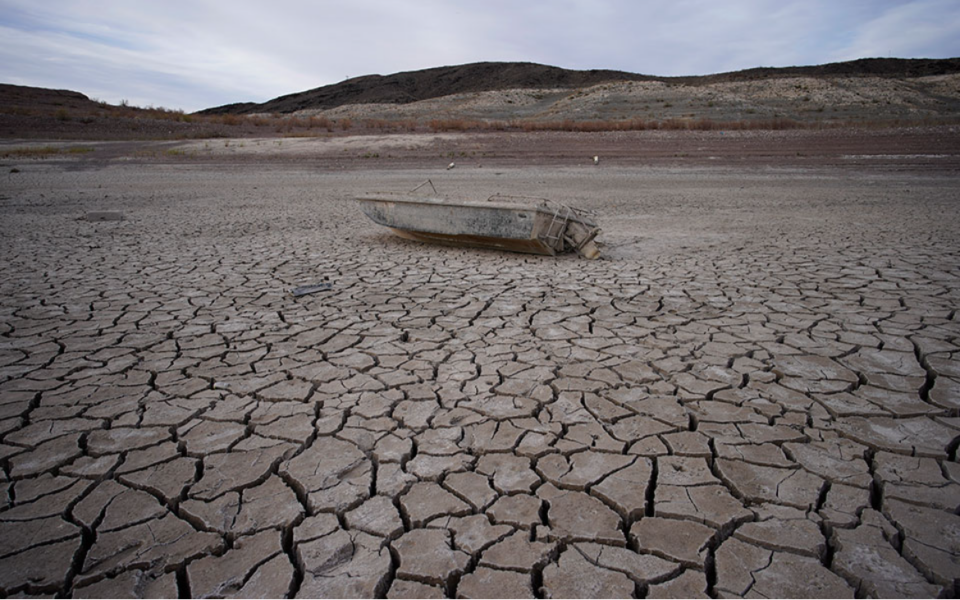A hotter future for Greece

Temperatures in Greece could rise by up to 5 degrees Celsius by the end of the century, scientists warn.
Specifically, according to various climate projection models, depending on the measures that will be taken to mitigate the effects of climate change, show that mean temperatures for the period 2071-2100 in Greece could rise by as much as 4.5-5 degrees over those of the period 1961-1990, said Professor Nikos Michalopoulos, Director of the Institute for Environmental Research and Sustainable Development (IERSD) of the National Observatory of Athens.
This is a sort of doomsday scenario, but a middle-of-the-road scenario forecasts a rise of 2-2.5 degrees, but, in Athens, the rise has almost reached 2 degrees already, Michalopoulos said at an event on Climpact, the national network for climate change, of which he is the scientific coordinator.
The Eastern Mediterranean is one of climate change’s hotspots: while global temperatures rose 0.7 degrees Celsius from 1980-2010, they rose 1.5 degrees in the area.
Days with extreme temperatures (over 37C) have risen significantly since the 1960s and, while precipitation in Greece may have been stable, or even risen slightly, it is concentrated in fewer days, which means more extreme precipitation phenomena and an inability of the soils to absorb these volumes of water, with a negative impact on agriculture. Areas where water is already scarce, such as the Eastern Peloponnese and Eastern Crete, will see even less rain in coming decades, Michalopoulos warned.





